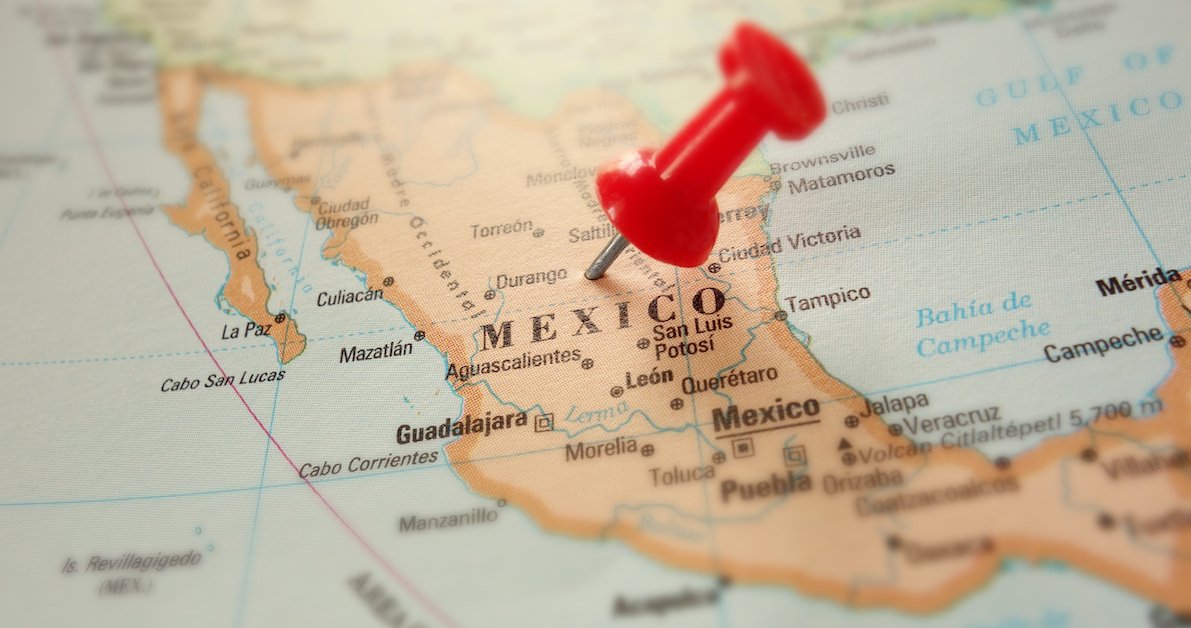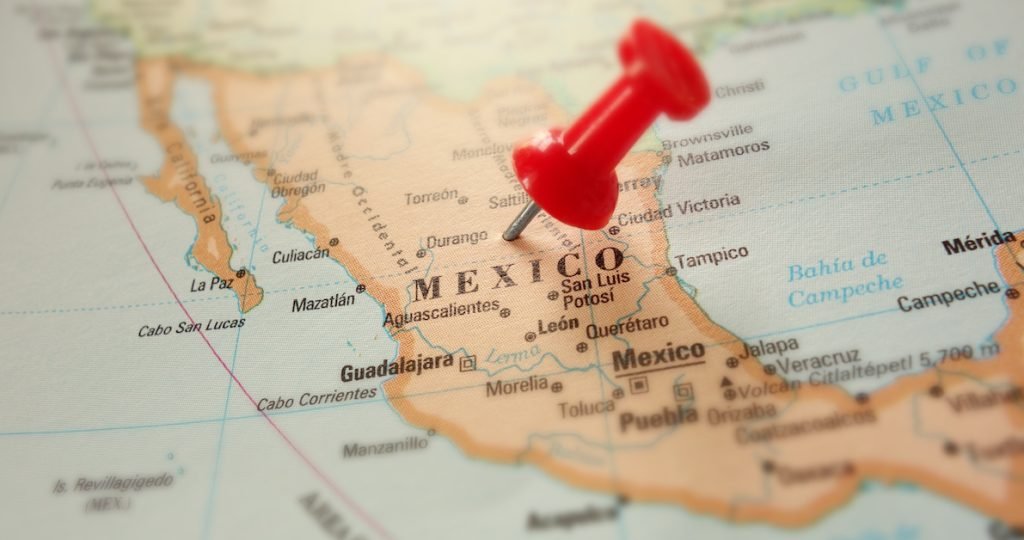I’m part of the lucky bloodline club. Because I can trace my ancestors back to Italy, I am eligible for an Italian passport.
About a year ago, I took the first step toward claiming that second citizenship by making an appointment at the Italian Embassy in Miami.
But my appointment is still a year away…
So in the mean time, I decided to secure a second residency.
A second residency doesn’t confer all of the benefits of second citizenship Simon talked about yesterday. But it is still a solid Plan B.
For example, residency does not automatically pass on to your children and grandchildren like ancestral citizenship does.
But residency does entitle you to travel to, live, and work in another county, outside of your homeland.
The question is, where to obtain residency?
Everyone’s situation is different, but for me, Mexico was a great option.
One big reason we like Mexico here at Sovereign Man, is that it did not go completely COVID insane over the past two years.
Mexico never banned foreigners from entering and it didn’t shut down businesses, impose mask mandates, or implement a vaccine passport on a national scale.
And that means if there is another outbreak (or some other emergency that apparently calls for global fascism), there’s a decent chance Mexico will once again remain sane.
Plus, Mexico has straightforward, easy requirements to obtain residency. And there are a couple ways to do it.
Most countries require you to obtain temporary residency before permanent residency.
But in Mexico, retirees can skip right to permanent residency by proving they have investments or bank balances equivalent to 20,000 days of Mexican minimum wage (currently ~$145,000), OR a pension equivalent to 500 days of Mexican minimum wage per month (currently ~$3,600).
(And after five years of residency, assuming you meet the eligibility requirements, you can apply for naturalization and a Mexican passport. Under certain circumstances you could even apply for citizenship after just two years.)
But temporary residency in Mexico is still a great option for those who are not retired, but want want to relocate to Mexico, or who simply want access to a great Plan B location, just in case.
Like permanent residency, there are two options to prove financial solvency to be granted temporary residency. Either show bank balances and investments equivalent to 5,000 days of Mexican minimum wage (currently ~$36,000), or an income equivalent to 300 days of Mexican minimum wage per month (currently ~$2,170).
Temporary residency can lead to permanent residency after four years, which is great because permanent residency truly never expires in Mexico.
You start the process by making an appointment at a Mexican consulate in your home country. Exact qualifications differ by consulate, so you should confirm the requirements, especially the estimated financial requirements above, with the specific consulate you intend to use.
I started at the Orlando, Florida consulate last July, opting to use my bank balances/ investments to prove financial solvency.
The man who helped me was very nice, but after looking at my documents, he said the consul would not accept foreign accounts (in this case in Hong Kong and Singapore) unless the statements were notarized in that country.
He also would not accept a domestic corporate bank account, even though I am the sole owner of the corporation.
Again, each consulate works differently, and the consul (the head bureaucrat at the consulate) ultimately makes the decision.
So, since I didn’t get what I wanted at the Orlando consulate, I decided to ask another one. So I contacted a different consulate, in Raleigh.
As expected, the Raleigh consulate had a completely different answer than the Orlando consulate.
For the Raleigh staff, I had to convince them that monthly income was an option. I very politely pointed out that their own information sheet said I could use the bank balance option, OR the income option.
Then I ran into another little problem — the consul was put-off by my Puerto Rican business structure.
I live in Puerto Rico and use the island’s tax incentives to pay a 4% corporate tax rate through my LLC. According to the rules, I pay myself a salary, as well as tax-free distributions (after paying the 4% corporate tax).
Of course this is perfectly legal, and there is nothing wrong with qualifying for Mexican residency with this income. But bureaucrats are easily spooked…
Eventually I was able to convince them that my company’s dividends were sufficient to qualify as ‘income’, so ultimately, my application for temporary residency was approved.
The next step is to travel to Mexico to finish the process and obtain the actual temporary residency card.
My situation was complicated and I had to jump through a few hoops; I’m young, still in my 30s. And I don’t have traditional income or a lot of money sitting in the bank.
But for anyone who has about $36,000+ sitting in bank accounts in their home country, or a traditional income stream that pays more than $2,170 per month after taxes, Mexican residency should be very easy to obtain. (Again, verify the exact numbers with your chosen consulate.)
And if it proves difficult at one consulate, do like I did and try at another one.
It helps to prepare your documents in a way that makes it as easy as possible for the bureaucrats to follow.
Make it very clear which option — bank balance or monthly income — you are applying under. Add a table of contents identifying the documents you are presenting.
Add notes for any anomalies. For example, if your employment verification letter says you earn XX amount, but less shows up in your bank account after taxes, add a note explaining the discrepancy.
And be prepared to answer some questions. In Orlando, the man who processed my application wanted to know why I wanted residency. In contrast, Raleigh was all about the numbers.
I definitely didn’t fit the cookie-cutter mold of what they usually see, and yet I was still able to obtain temporary residency in Mexico. So if I can do it, anyone can.









